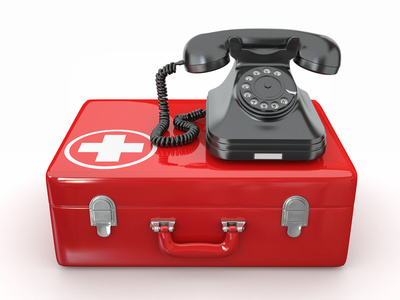When it comes to receiving the right kind of therapy from the right therapist, many people do not consider many forms of technology that may actually expand their reach. Phone therapy has been proven just as effective as person to person therapy in most cases, and it increases the geography in which a patient and a therapist may connect.
Here are five of the many benefits of phone therapy.
1. You may actually feel more comfortable on the Phone
Without the pressure of meeting face to face, you may actually be able to be more open with your therapist. If you are a shy person who is looking to conquer any form of social anxiety, phone therapy can be a great lead in for you to become more open in sharing yourself with a stranger without feeling uncomfortable.
2. Clients can get in Touch with a Therapist on demand
Not having to make a physical appointment at an office space can sometimes open up the schedule of a therapist. Many therapists are better able to serve their clients by accepting payment in the form of a “retainer” and being on call for their patients between certain times of the day. The freedom from an office space is helpful to both sides: Therapists do not have to charge for the overhead of a storefront, and they are able to talk to patients in the exact moments of need rather than having to wait on an appointment. This allows easy access to both the therapist, and the patient.

3. You can get in touch with your Therapist more often
As mentioned above, it is much easier for a therapist to have a phone conversation than it is to section out time for a physical appointment. However, the phone appointment is also a great help to many people who do not have the money to pay for in house visits. It is also a much more effective strategy for certain types of mental issues, providing a timeline that is more in line with the actual treatment schedule that a patient should receive.
4. Phone Therapy can be much more in depth
Many patients have a great deal of trouble opening up to therapists in person, but many therapists also have a great deal of trouble assessing problems in person as well. The lines of communication can be much more in depth over a telephone depending on the personalities of the patient and the therapist.
5. Phone Therapy can be recorded for later use by the Patient or by the therapist
Because of the improvements in communications technology, either the patient or the therapist can easily record the conversations that are made over the phone in order to critique them later. Patients will be much better able to assess their treatment schedules and behavior patterns. Therapists will be able to assess problems much more readily if the records of the patient are made in a format that can be listened back to over time and when the emotions of the moment have subsided.
Marcie has been working with couples and individuals for over eight years. Helping them start off right, and helping indifiduals in their time of need. If you want to try phone therapy, check Marcie out today!
























